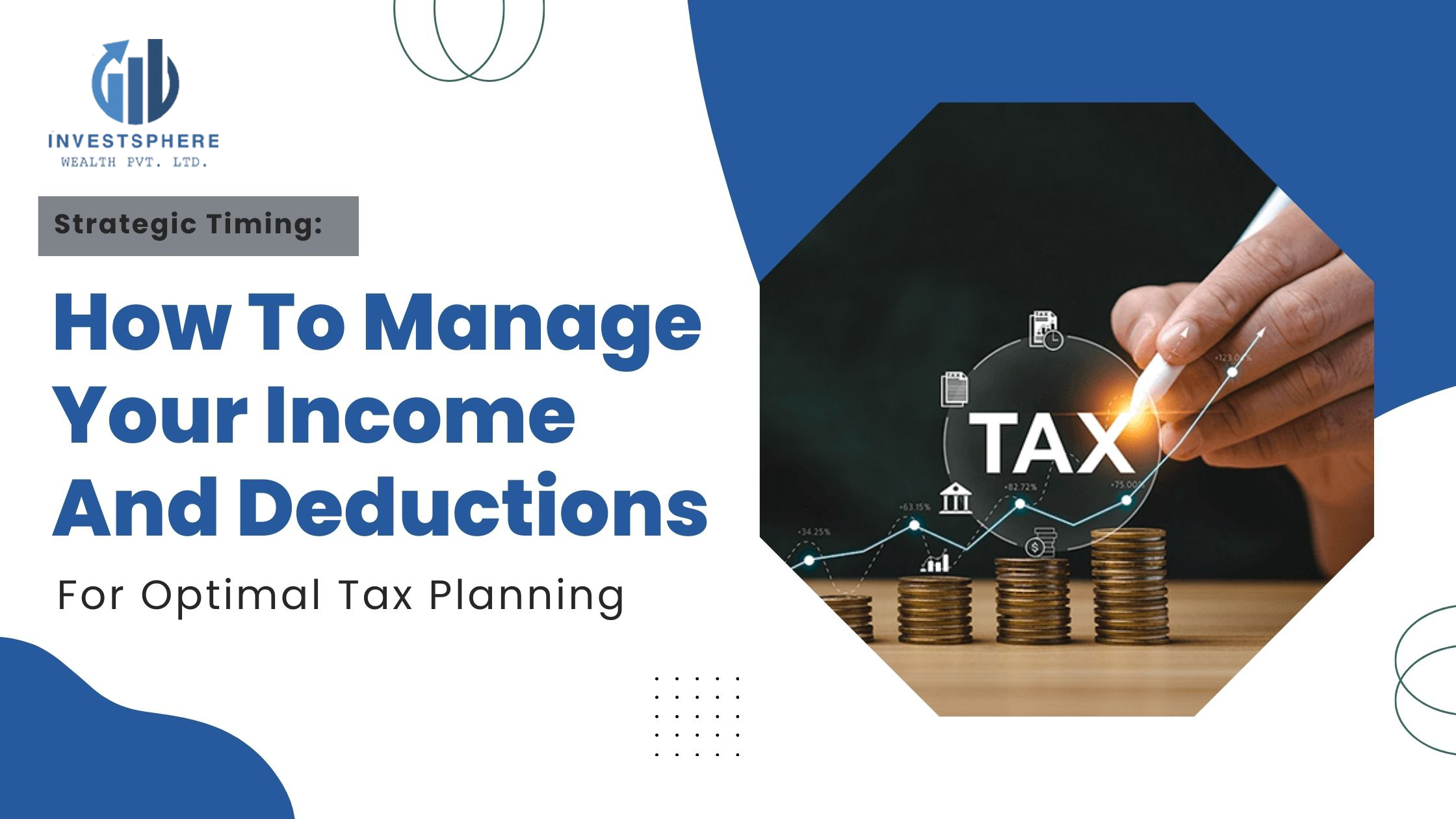A vehicle loan, also known as an auto loan or car loan, is a type of secured loan provided by banks, credit unions, or financial institutions to individuals for the purpose of purchasing a vehicle, such as a car, motorcycle, or recreational vehicle. Vehicle loans allow borrowers to finance the purchase of a vehicle by borrowing a portion of the total purchase price and repaying it over time through regular installments.
How does vehical loan works?
1. Application:
To apply for a vehicle loan, individuals must submit an application to the lender, providing details such as income, employment history, credit score, and the vehicle's details, including make, model, and purchase price.
2. Approval:
Once the application is submitted, the lender evaluates the applicant's eligibility based on factors such as creditworthiness, income stability, and the value of the vehicle. If approved, the lender offers a loan amount, interest rate, and repayment terms.
3. Down Payment:
Borrowers are usually required to make a down payment towards the purchase of the vehicle, typically ranging from 10% to 20% of the total purchase price. The down payment reduces the loan amount and serves as a commitment from the borrower.
4. Disbursement:
Upon acceptance of the loan offer and payment of the down payment, the lender disburses the loan amount to the seller or dealership. Borrowers can use the funds to purchase the vehicle.
5. Repayment:
Borrowers are required to repay the loan amount in regular installments, known as equated monthly installments (EMIs), over the loan tenure. EMIs consist of both principal and interest components, with the proportion of each determined by the loan terms.
6. Interest:
Vehicle loans accrue interest on the outstanding balance, typically calculated on a reducing balance basis. The interest rate may be fixed or variable, depending on the lender and the terms of the loan agreement.
7. Security:
Vehicle loans are secured loans, meaning the vehicle being purchased serves as collateral for the loan. In the event of default, the lender has the right to repossess and sell the vehicle to recover the outstanding loan amount.
8. Ownership:
While the lender holds a lien on the vehicle until the loan is fully repaid, borrowers have full ownership and use of the vehicle during the loan tenure.
What are benefits of Vehicle loan ?
Vehicle loans offer several benefits, including:
a. Access to Funds:
Allows individuals to purchase a vehicle without having to pay the entire purchase price upfront, making vehicle ownership more accessible.
b. Flexible Repayment Options:
Lenders offer flexibility in repayment options, such as choosing between fixed and floating interest rates, prepayment facilities, and loan restructuring options.
c. Asset Ownership:
Borrowers retain ownership and use of the vehicle while repaying the loan, allowing them to benefit from ownership privileges and use the vehicle for personal or professional purposes.





